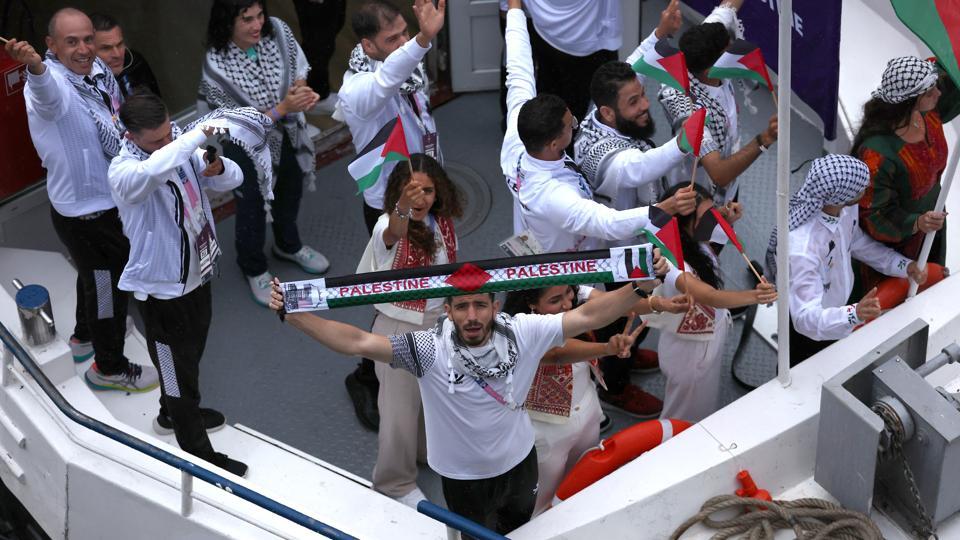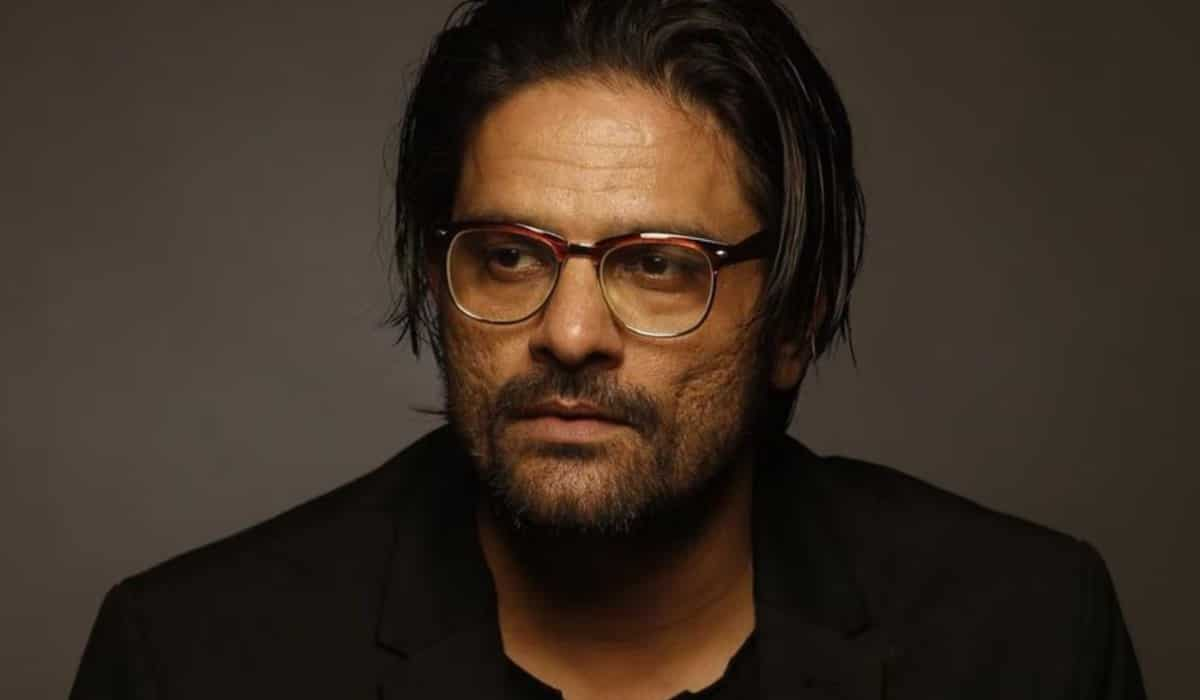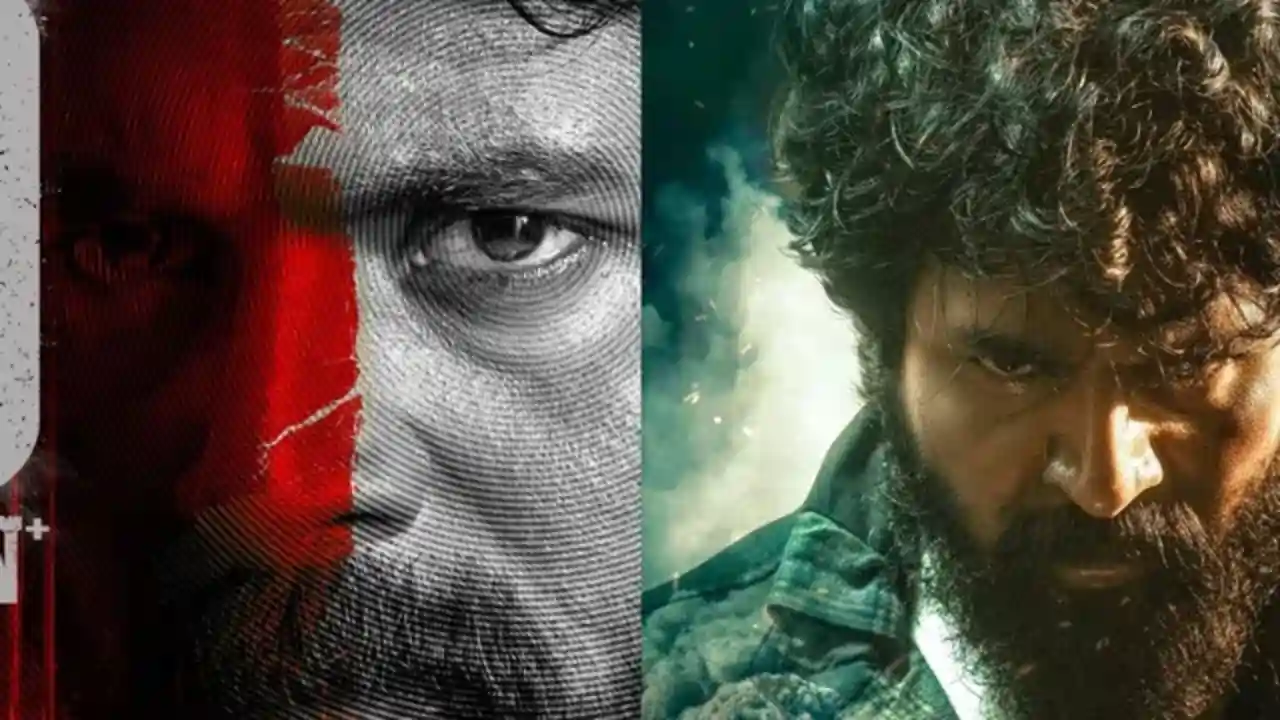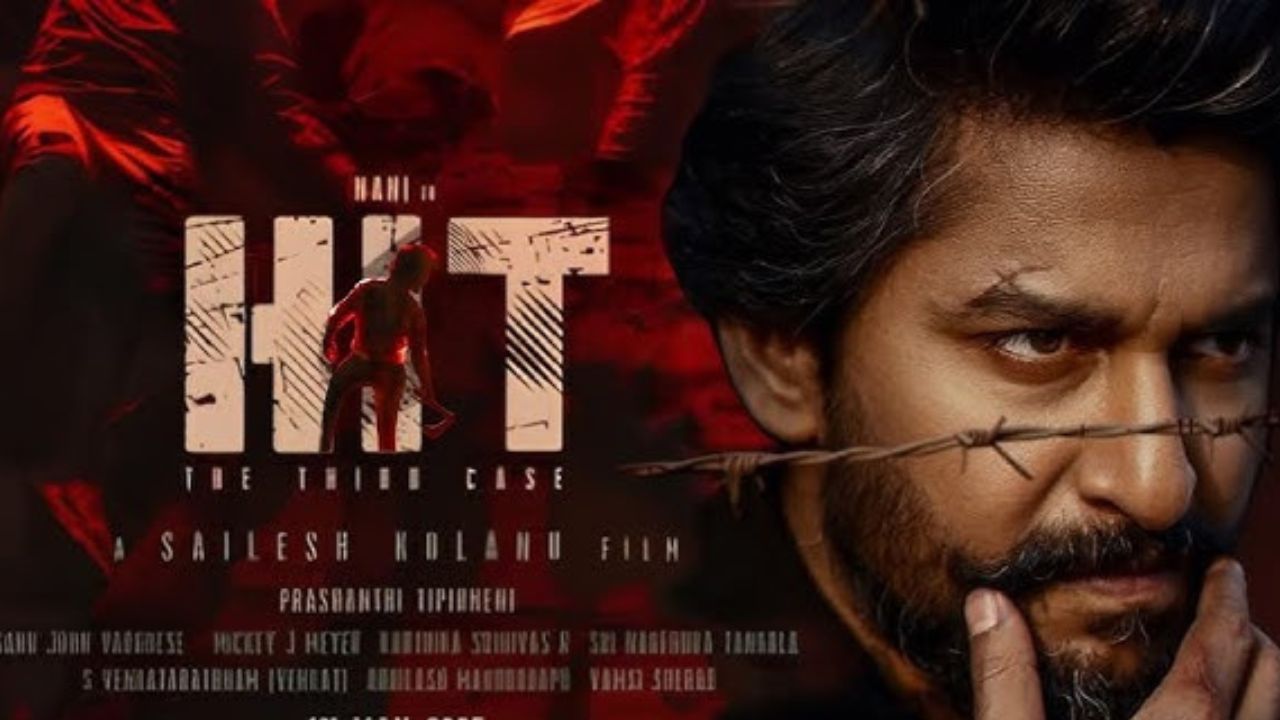
Paris Olympics 2024: Afghans, Palestinians and the message of resistance
8 months ago | 79 Views
Bombs being dropped from a sunny sky on a child playing football. Palestinian flag-bearer Waseem Abu Sal wore this chilling image on a white shirt to the Parade of Nations on the river Seine at the Paris Olympics opening ceremony on Friday.The 20-year-old will be the first boxer from his country to compete in the Games. According to the Palestine Olympic Committee, at least 350 athletes have been killed in Gaza by Israeli forces since last October. The body wrote to the International Olympic Committee (IOC) as well as FIFA, calling for a ban on Israel for its war on Gaza. It appears that the unequivocal stance on sanctions by world sporting bodies, including IOC, against Russia for its aggressions on Ukraine don't apply here."France doesn't recognise Palestine as a country, so I am here to raise the flag," Palestinian swimmer Yazan Al-Bawwab told the Associated Press. "We're not treated like human beings, so when we come to play sports, people realise we are equal to them."Female Afghanistan athletes too floated down the Seine, defying diktats. The ruling Taliban has banned Afghanistan women from playing sports, attending high school or leaving their homes without a male chaperone. Road cyclists and sisters Fariba and Yulduz Hashimi, who belong to Faryab province in northern Afghanistan bordering Turkmenistan, have had stones hurled at them for daring to step out of their homes in helmets rather than scarves.
Days after Kabul fell to the Taliban in 2021, they fled the country with the help of former Italian world champion cyclist Alessandra Cappellotto.The siblings have been rebuilding their lives in Italy since and now find themselves in the six-member Afghanistan contingent (three men, three women) at their first-ever Olympics.The Olympics have long served as a platform for resistance. In the 1906 Games, often referred to as the Intercalated Olympics, Irishman Peter O'Connor put up the first overtly political protest. Refusing to be identified as British on the podium after he finished second, O'Connor climbed the flagpole and unfurled the green 'Erin Go Bragh' (Ireland forever) flag.That edition of the Games, though not counted in the official list, introduced two Olympic traditions that have lived on - the Parade of Nations and protest. At the 1968 Olympics in Mexico, American sprinters Tommie Smith and John Carlos took to the podium, accepted their respective gold and bronze medals, and as the Star-Spangled Banner began to play, both the Black athletes, wearing black gloves, raised their fist - an act of defiance against the systemic segregation of Blacks in America.
The most iconic image of protest in sport.In 2021, IOC somewhat softened its stand against protest at the Games, allowing athletes to make a symbolic gesture or wear clothing with a slogan before the start of their event. Demonstrations in the field of play - during matches or the medal ceremony - are still not allowed.This time, the Games venue itself has seen protests from a number of French civil liberties groups and environmental organisations who have signed a statement 'des jeux, mais pour qui (Games, but for whom?), calling the Paris Olympics disruptive to the lives of the locals. Pro-Palestinian demonstrations too have raged in Paris and threats of a repeat of the 1972 Munich Olympics, when Palestinian militants kidnapped and killed 11 Israeli athletes, has placed organisers on high alert. Israeli athletes are under a tight security cordon at the Games and are being escorted by a phalanx of security officers at all times.The eight-member Palestinian athlete contingent competing in boxing, shooting, judo, athletics, taekwondo and swimming, are in Paris to make a statement. They made their way down the Seine flashing peace signs with keffiyehs draped over their shoulders or around their heads.Waseem, who is from Ramallah, trained for the Olympics during the war and will return to his conflict-ridden country after the Games. "For me, it has always been very difficult because in Palestine there are not many other athletes to train or interact with," Waseem told Associated Press. "But I never gave up."Dozens of sports facilities - including training halls, stadiums and clubs - have been attacked and reduced to rubble in Gaza. In January, Hani Al-Mossader, coach of the Palestinian Olympic football team was reportedly killed in an Israeli airstrike. In June, Palestine's first-ever Olympian and flag-bearer Abu Majeed Maraheel died from kidney failure in a refugee camp, without access to timely medical attention.At the opening ceremony on Friday, a rendition of John Lennon and Yoko Ono's 'Imagine' was played adrift on a raft on the Seine, while the piano was engulfed in flames. As the performance wound to a close, the words 'We stand and call for peace' showed up on the screen. "Imagine there's no countries. nothing to die or kill for.
Read Also: To them, the Olympics aren't just about medals
#




















